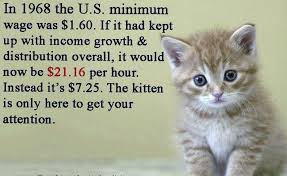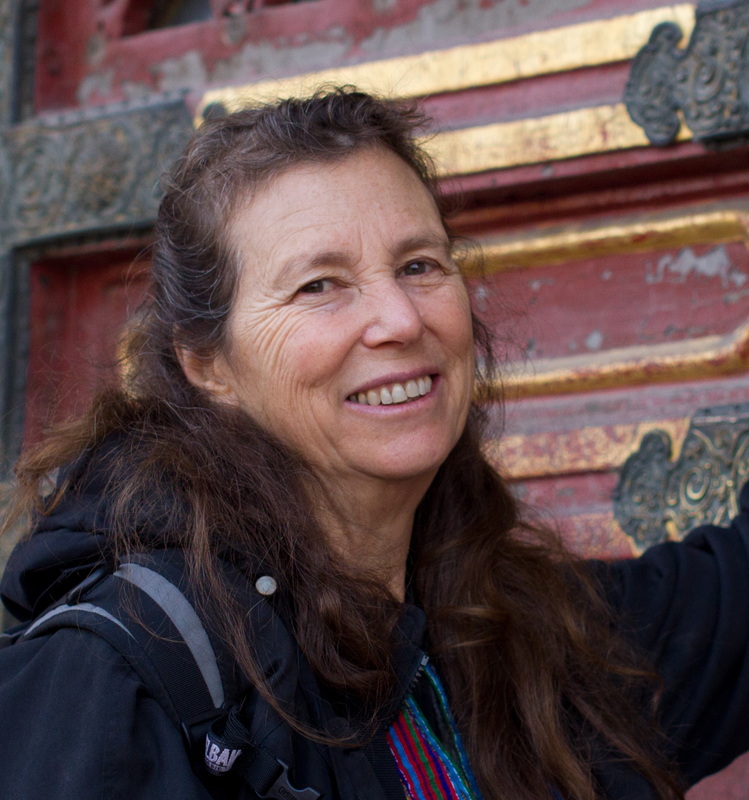He continues, “Deal with inequality, or risk intolerable taxes or social unrest.”
These sound like the words of an anarchist, socialist or plain out revolutionary – not a very successful advertising executive – one who came to this country as an immigrant 60 years ago.
Now, he is a very successful billionaire, having achieved the “American Dream,” and, acknowledging the opportunities that he was given, first attending an elite college preparatory school, then Princeton and Stanford.
He also has the understanding to write: “Would young people like…me get those opportunities now? I don’t think so.” He challenges business leaders to develop the will to control “the excessive greed so prevalent in our culture today and divert resources to better education and the creation of more opportunity.”
“The fact that real wages have been flat for about four decades, while productivity has increased by 80%” shows that business has not been investing in their employees, with fair compensation and creative innovations. Rather “gains from productivity go to shareholders, not employees.”
YES! It is good when successful business people understand that the system that we have created no longer provides for the common good – and it is the good of all that truly sustains our country, and, our world economy. We cannot thrive if growing numbers of people are facing economic crises, can’t feed their families, and have no hope for their future.
In this same issue of the New York Times Sunday Review, Nicholas Kristof remembers “a hometown friend who never had much of a chance“ in “U.S.A. Land of Limitations?” Kristof asserts that the “biggest factor for success isn’t hard work but how our lives started.”
Researchers have repeatedly found that “in the U.S. there is now less economic mobility than in Canada or much of Europe. A child born in the bottom quintile of incomes in the U.S. has only a 4 % chance of rising to the top quintile.”
So, Peter Georgescu is right.
Young people do not get the opportunities that were offered to him 60 years ago. As Kristof writes, “Lets drop the social Darwinism. Success is not a sign of virtue. It’s mostly a sign that your grandparents did well.”
22% of American children live in poverty and grow up not in a “land of opportunity” but in the socially rigid hierarchies that many of our ancestors fled, including those of Peter Georgescu and many of his friends – “where your outcome is largely determined by your beginning.”
Am I hopeful?
Yes – because we are engaged in the conversation and people are courageously stepping up, exposing the truth and being heard. It is a bitter truth, but at least it is not hidden.
We can’t solve a problem that we don’t first acknowledge.
WHAT CAN YOU DO?
- Read: Peter Georgescu, “Capitalists, Arise” New York Times, August 9, 2015.
- Read: Nicholas Kristof, U.S.A. Land of Limitations, N.Y. Times, August 9, 2015
- View: “Inequality For All” produced by Robert Reich
- Google: “Income Inequality” and see what you learn!
- Develop compassion. Remember the words of Professor Reardon, ”Rich kids make a lot of bad choices. They just don’t come with the same sort of consequences.”


 RSS Feed
RSS Feed


